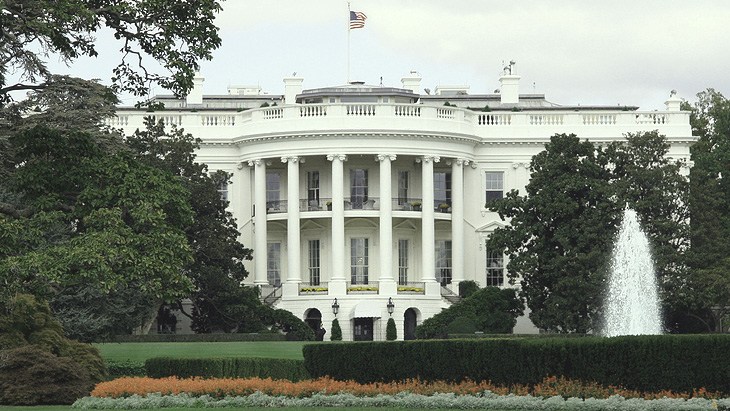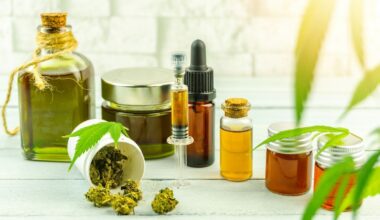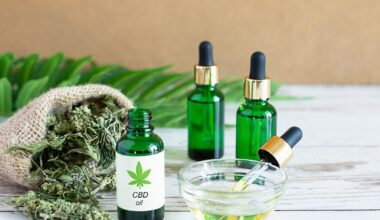Washington, DC: Kathleen M. McGettigan, Acting Director of the Office of Personnel Management (OPM) in the Biden Administration, provided updated guidance today with respect to whether individuals with a history of marijuana use are suitable for federal employment.
The revised guidance memorandum does not represent a significant change in federal policy. Current policy does not automatically disqualify applicants from federal service solely because of their past use of either cannabis or other controlled substances, and stipulates that an applicant’s suitability for federal employment must be “evaluated on a case-by-case basis.” However, the updated guidelines acknowledge that a growing number of states now permit marijuana use under state law, and suggests that federal agencies “should exercise special care before making a determination of unsuitability for criminal conduct based on marijuana possession.”
The revisions make it clear that the federal Drug-Free Workplace Act — passed in 1988 — remains in place, and that federal employees “are required to refrain” from the use of either cannabis or other federally controlled substances “whether on or off duty.” Employees who do not do so will face disciplinary action.
Commenting on the newly issued memorandum, NORML’s Deputy Director Paul Armentano said: “The federal government’s refusal to remove the cannabis plant from its inappropriate categorization as a Schedule I prohibited substance under federal law continues to have ripple effects. Placing civil service employees and others in the workforce under undue scrutiny because of their past use of cannabis, and imposing disciplinary action for those employees who consume cannabis while off-the-job in accordance with the laws of their states, are among the many negative consequences facing Americans as a result of the federal government’s ‘Flat Earth’ policy toward cannabis and those who consume it. Data consistently shows that those who consume cannabis while away from the job are at no greater risk for occupational accidents or injuries and, therefore, they should not be singled out and discriminated against solely for this activity.”
Specifically, a recently published study involving 136,500 Canadian workers determined that employees with a history of cannabis use over the past year are no more likely than non-users to experience an injury at work. It concluded that there exists “no association between past-year cannabis use and work-related injury” for employees in any occupation, including those who worked in high injury risk occupations. The study’s conclusion is consistent with other relevant papers on the topic, including an exhaustive review by the National Academy of Sciences, Engineering, and Medicine, which determined, “There is no or insufficient evidence to support … a statistical association between cannabis use and … occupational accidents or injuries.”
Armentano added: “Suspicionless marijuana testing in the workplace is not now, nor has it ever been, an evidence-based policy. Rather, these discriminatory practices are a holdover from the zeitgeist of the 1980s ‘war on drugs.’ But times have changed; attitudes have changed, and in many places, the marijuana laws have changed. It is time for workplace policies to adapt to this new reality and to cease punishing employees for activities they engage in during their off-hours that pose no workplace safety threat.”
Additional information on cannabis and workplace safety and productivity is available from the NORML fact-sheet here.
Medical Disclaimer:
The information provided in these blog posts is intended for general informational and educational purposes only. It is not a substitute for professional medical advice, diagnosis, or treatment. Always seek the advice of your physician or other qualified healthcare provider with any questions you may have regarding a medical condition. The use of any information provided in these blog posts is solely at your own risk. The authors and the website do not recommend or endorse any specific products, treatments, or procedures mentioned. Reliance on any information in these blog posts is solely at your own discretion.






